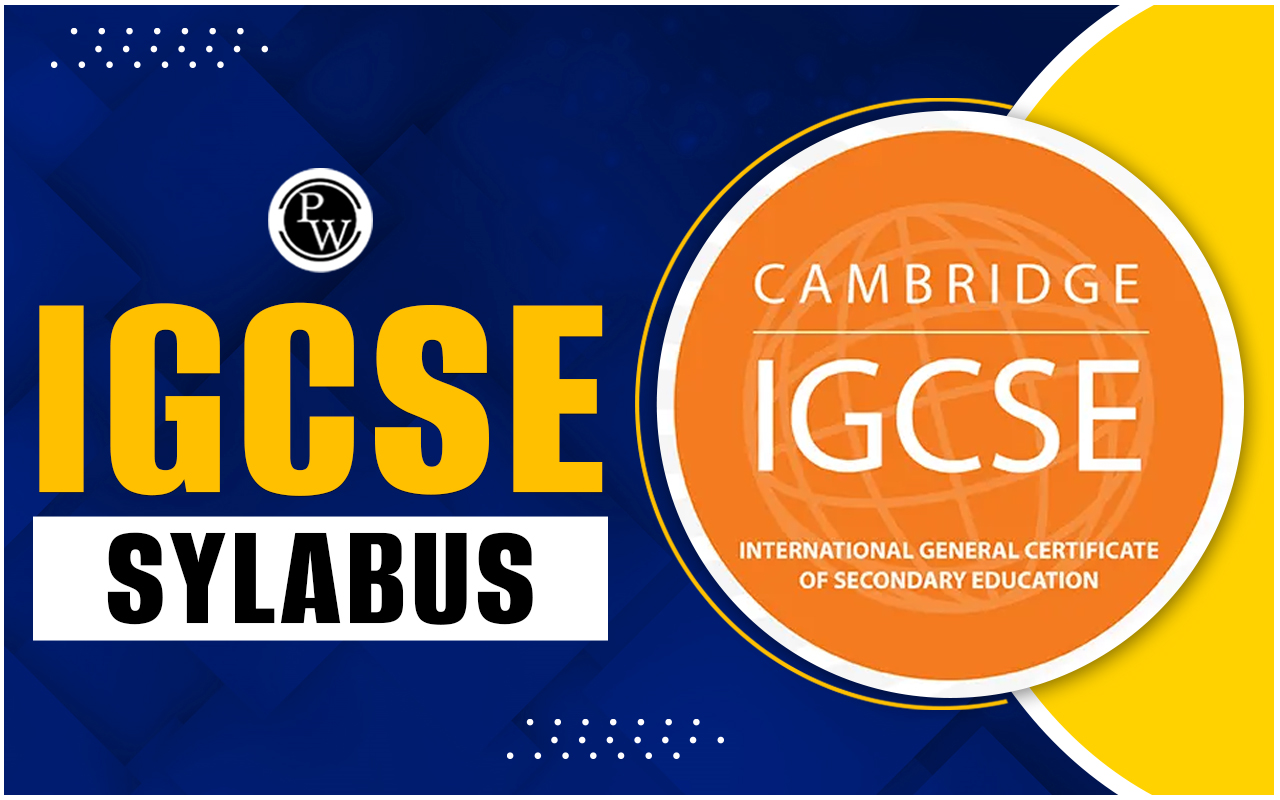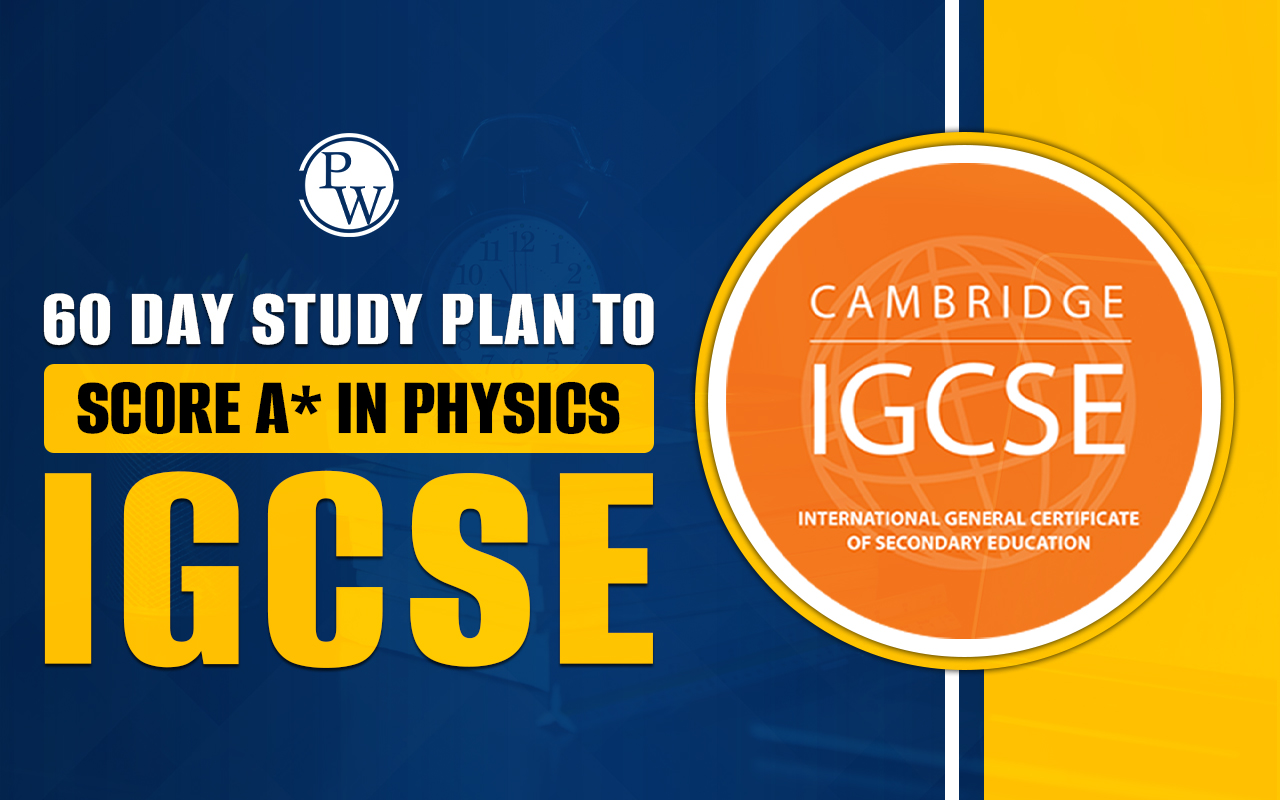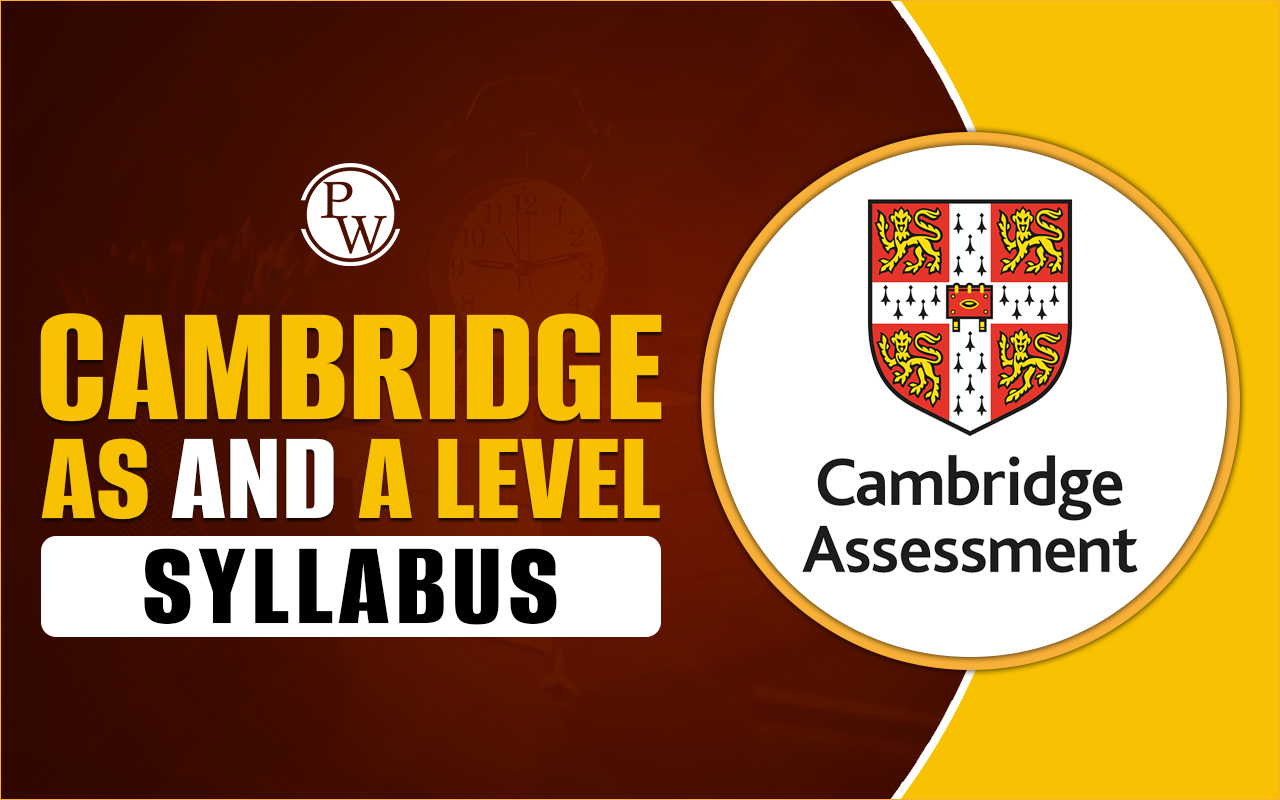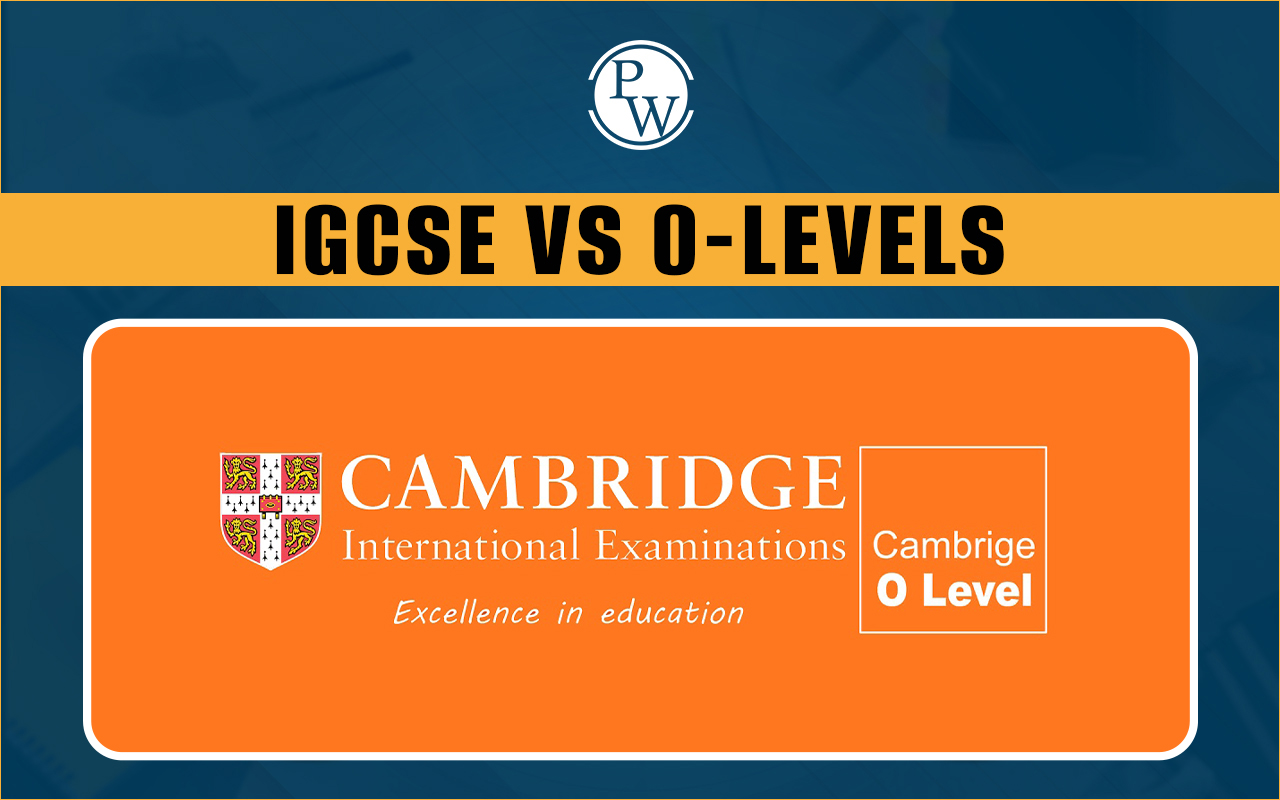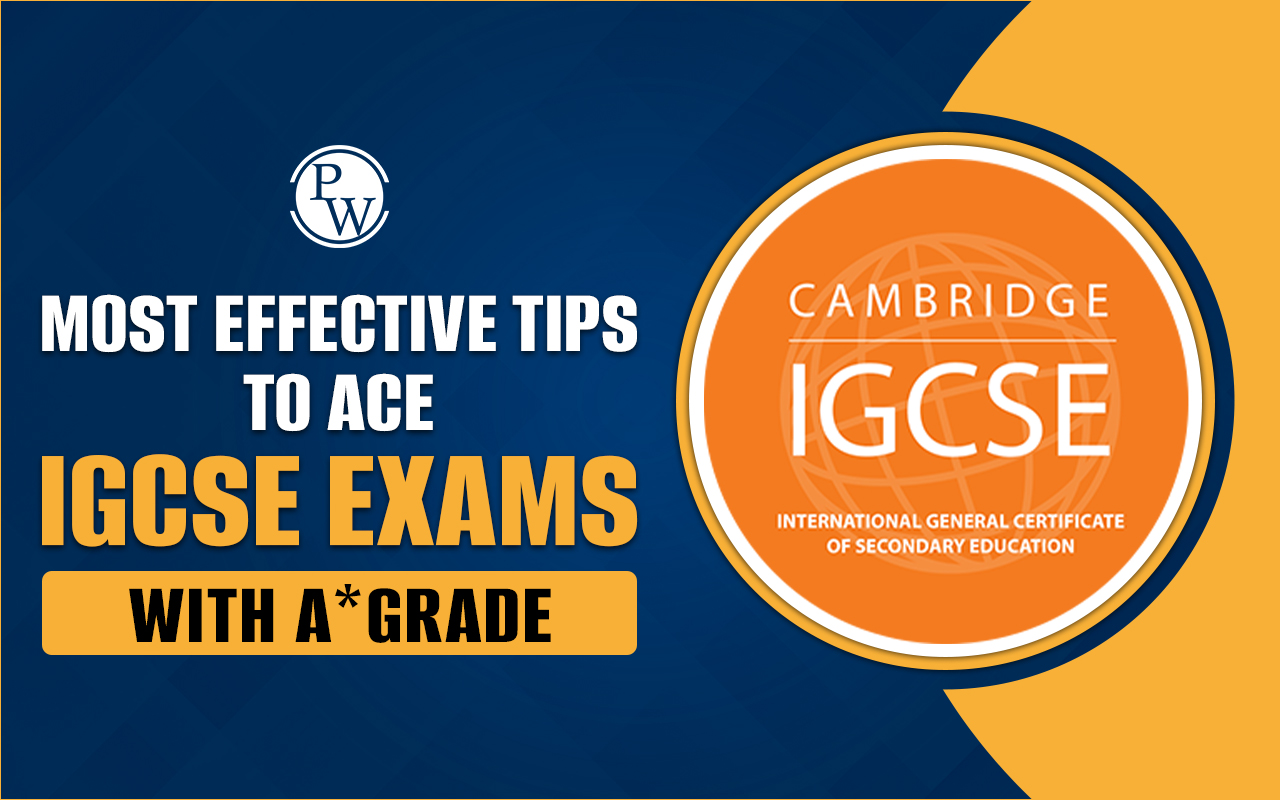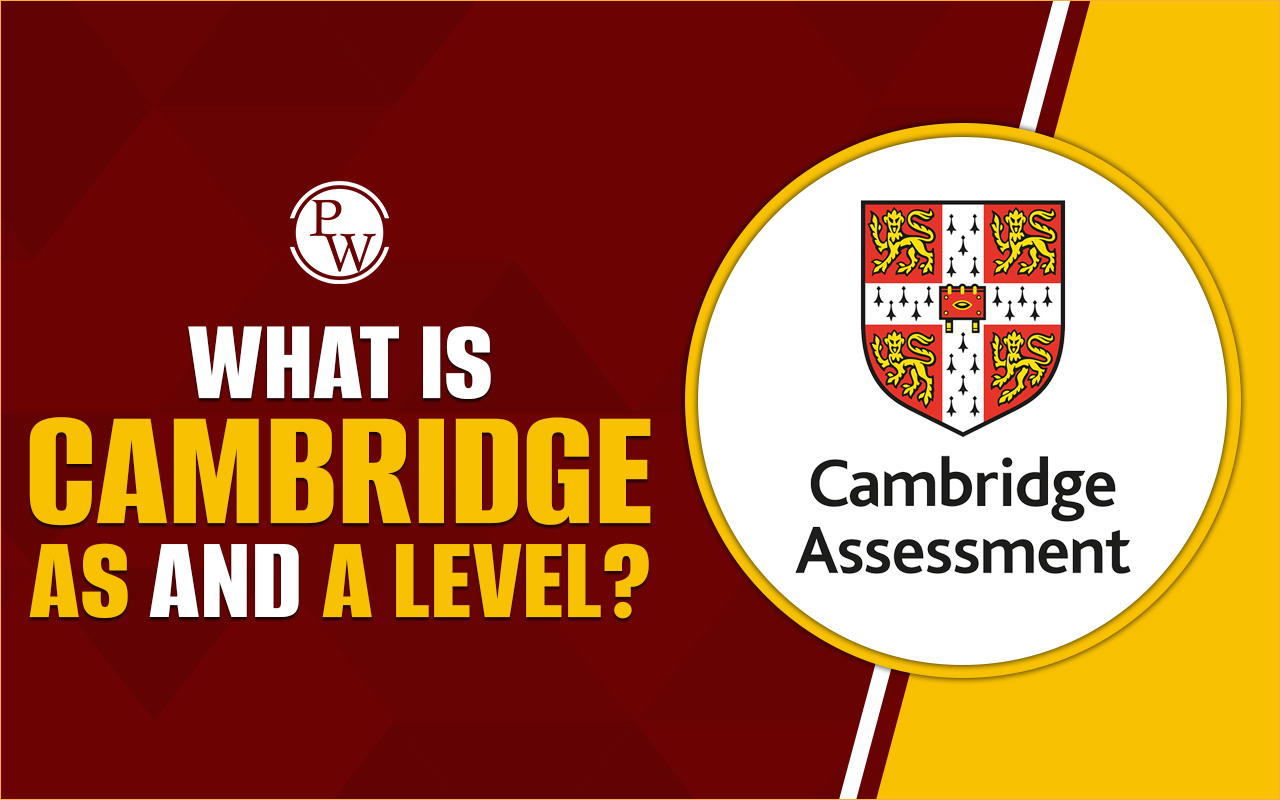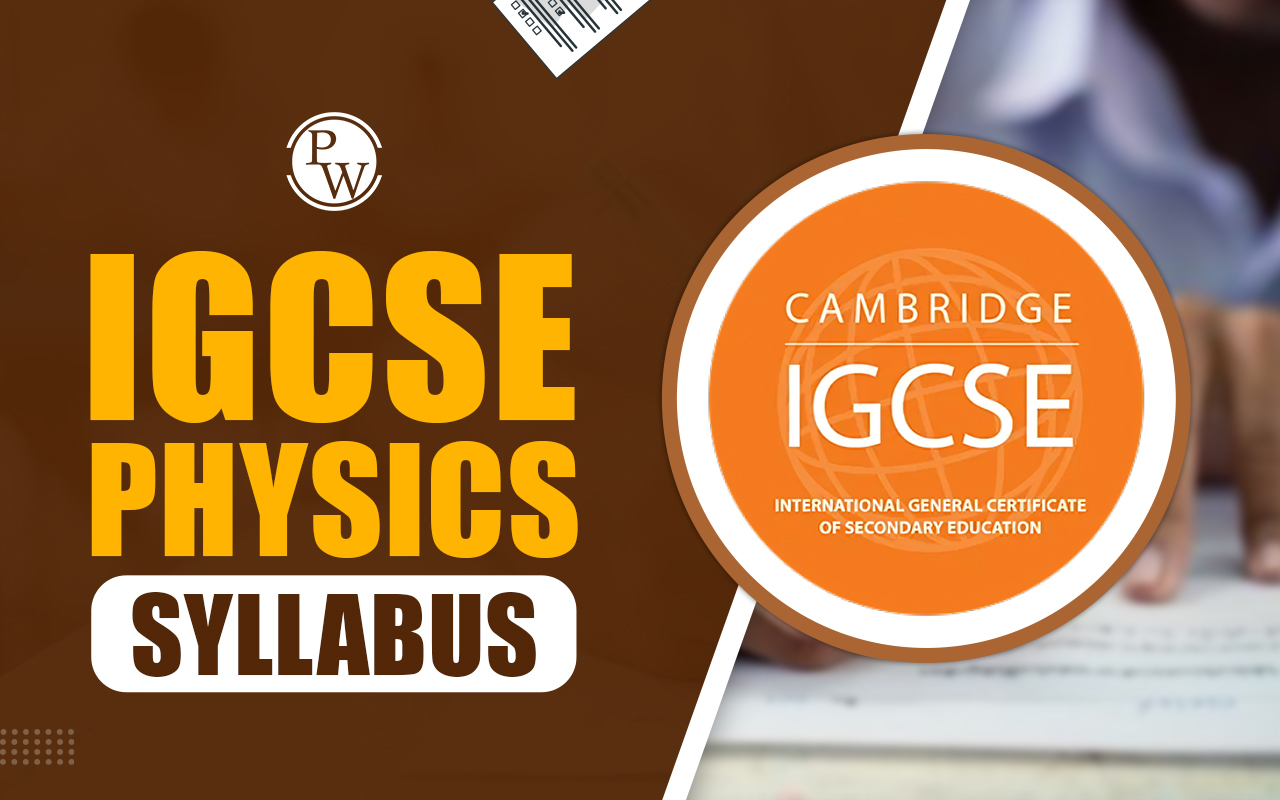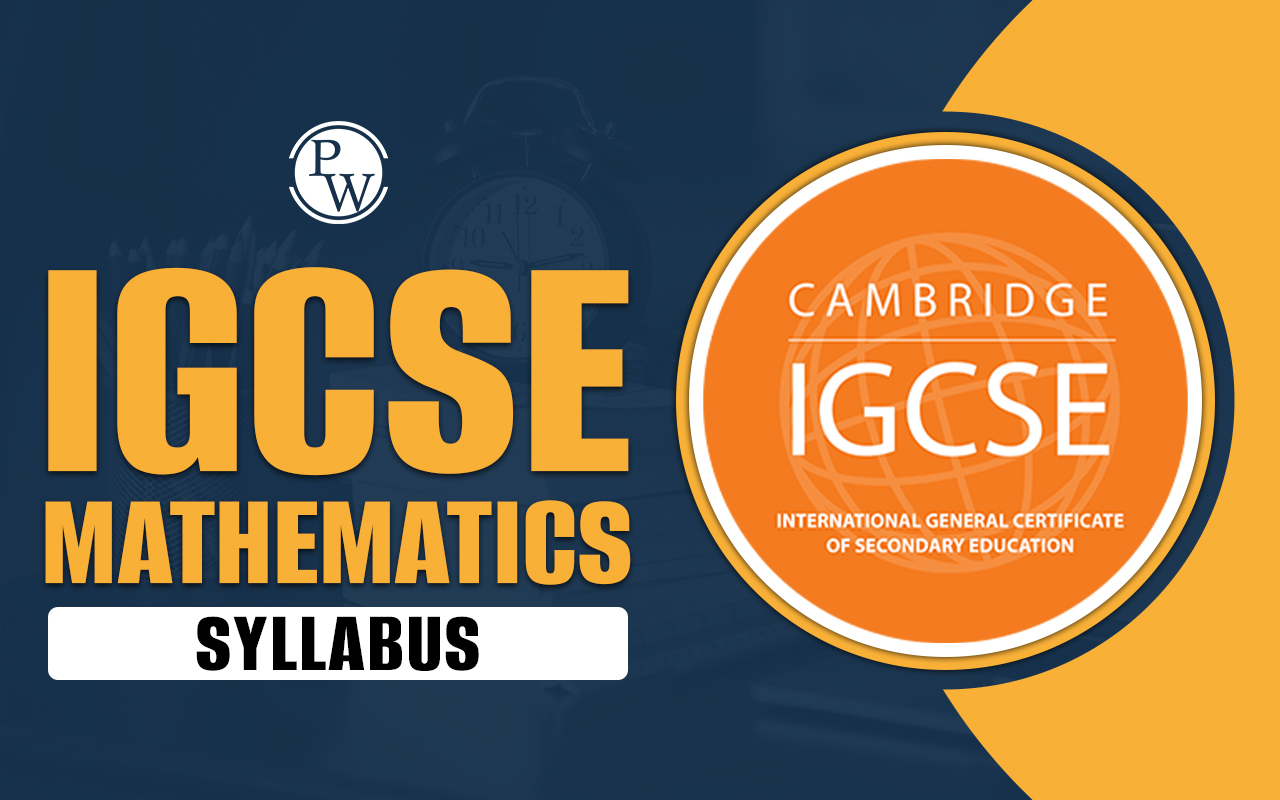
IGCSE Chemistry syllabus helps students learn chemistry by covering a wide range of important concepts and practical experiments. It includes key topics such as atomic structure, bonding, chemical reactions, and how different substances behave. The syllabus also explores acids, bases, salts, and molecular chemistry, providing a comprehensive understanding of chemical principles.
It offers two levels: Core for a basic understanding and Extended for more advanced students. Assessments are designed to evaluate knowledge, problem-solving, and practical skills through multiple-choice questions, written answers, and lab-based exams, ensuring a balanced testing of both theory and hands-on experience. Here in this article, students will get a clear overview of the Cambridge IGCSE Chemistry (0620) syllabus, which highlights the requirements of this subject from an exam point of view. The article also explains the Weighting of Assessment Objectives as a Percentage of the Qualification for helping the students in understanding how different skills are evaluated. Additionally, the Weighting of Assessment Objectives as a Percentage of Each Component gives insight into how each paper contributes to the final grade.IGCSE Chemistry Syllabus 2024
Cambridge IGCSE Chemistry syllabus provides a comprehensive guide for students to understand key scientific concepts and develop practical skills. It prepares students for further education or future careers. The details are provided below.|
IGCSE Chemistry Syllabus |
|
| S. No. | Topics |
| 1 | States of Matter |
| 2 | Atoms, elements, and compounds |
| 3 | Stoichiometry |
| 4 | Electrochemistry |
| 5 | Chemical energetics |
| 6 | Chemical reactions |
| 7 | Acids, bases, and salts |
| 8 | The Periodic Table |
| 9 | Metals |
| 10 | Chemistry of the environment |
| 11 | Organic chemistry |
| 12 | Experimental techniques and chemical analysis |
Cambridge IGCSE Chemistry (0620) Syllabus Official PDF
The overview of the Cambridge IGCSE Chemistry (0620) syllabus is given above in this article. It covers essential topics like states of matter, chemical reactions, acids, bases, and organic chemistry. This IGCSE syllabus helps students to gain a solid foundation in chemistry concepts and prepares them for further studies. For the detailed Cambridge IGCSE Chemistry syllabus, students can download it from the given link.
Weighting of Assessment Objectives as a Percentage of the Qualification
Assessment objectives like knowledge, problem-solving, and practical skills are weighted differently in each exam paper, ensuring a balanced evaluation of student abilities. The details are provided below.|
Weighting of Assessment Objectives as a Percentage of the Qualification |
|
| Assessment Objective | Weighting in IGCSE (%) |
| AO1 Knowledge with understanding | 50 |
| AO2 Handling information and problem-solving | 30 |
| AO3 Experimental skills and investigations | 20 |
| Total | 100 |
Weighting of Assessment Objectives as a Percentage of Each Component
The assessment includes multiple-choice, short-answer, and practical exams. Students are tested through Core or Extended papers, depending on their level of study. The details are provided below.|
Weighting of Assessment Objectives as a Percentage of Each Component |
|||
| Assessment Objective | Papers 1 and 2 | Papers 3 and 4 | Papers 5 and 6 |
| AO1 Knowledge with understanding | 63% | 63% | – |
| AO2 Handling information and problem-solving | 37% | 37% | – |
| AO3 Experimental skills and investigations | – | – | 100% |
| Total | 100% | 100% | 100% |
IGCSE Chemistry Assessment Details
The assessment includes multiple-choice, short-answer, and practical exams. Students are tested through Core or Extended papers, depending on their level of study. The details are provided below.|
IGCSE Chemistry Assessment Details |
|||||||
| Assessment Type | Paper | Duration | Marks | Question Type | Assessment Objectives Tested | Grades Assessed | Externally Assessed |
| Core Assessment | Paper 1: Multiple Choice (Core) | 45 minutes | 40 | 40 compulsory multiple-choice questions | AO1, AO2 | C to G | Yes |
| Paper 3: Theory (Core) | 1 hour 15 minutes | 80 | Short-answer and structured questions | AO1, AO2 | C to G | Yes | |
| Extended Assessment | Paper 2: Multiple Choice (Extended) | 45 minutes | 40 | 40 compulsory multiple-choice questions | AO1, AO2 | A* to G | Yes |
| Paper 4: Theory (Extended) | 1 hour 15 minutes | 80 | Short-answer and structured questions | AO1, AO2 | A* to G | Yes | |
| Practical Assessment | Paper 5: Practical Test | 1 hour 15 minutes | 40 | Practical Test | AO3 | - | Yes |
| Paper 6: Alternative to Practical | 1 hour | 40 | Alternative to Practical Test | AO3 | - | Yes | |
Tips to Study IGCSE Chemistry Syllabus
- To excel in IGCSE Chemistry, it is important to focus on the assessment objectives—knowledge, problem-solving, and experimental skills. Since AO1 (knowledge) contributes 50% of the total marks, a solid understanding of core concepts is crucial. However, AO2 and AO3 should not be overlooked, as problem-solving and practical skills make up the remaining 50% of the final grade.
- The syllabus covers both Core and Extended topics, but mastering the fundamentals in Core topics like atomic structure, bonding, and reactions is key. Once these are understood, tackling the more advanced Extended material becomes much easier.
- Practical knowledge plays a significant role, especially for Paper 5 (Practical Test) and Paper 6 (Alternative to Practical). It’s not enough to just read about experiments; students should actively practice drawing experimental setups, interpreting results, and understanding lab techniques. Whether opting for the Practical Test or the Alternative, hands-on learning will greatly improve your grasp of essential skills.
- IGCSE Past papers should be used strategically to familiarize yourself with exam formats and question types. Rather than just answering the questions, carefully analyze the mark schemes to see how examiners grade responses. Simulating exam conditions while practicing can help with time management, and identifying weak areas will build your confidence for the real exam.
- Finally, ensure you are studying with the latest syllabus version. IGCSE updates its syllabus periodically, so it’s vital to stay updated with the current changes, especially regarding assessment objectives and topics. This helps to avoid surprises and ensures you're fully prepared for what the exams require.
| International Boards Other Related Topics | |
| Cambridge IGCSE Curriculum | IGCSE vs ICSE |
IGCSE Chemistry Syllabus FAQs
What is the difference between the Core and Extended syllabus?
The Core syllabus is designed for students aiming for grades C to G, covering fundamental topics. The Extended syllabus includes both Core and Supplement topics, targeting students aiming for grades A* to C. The Extended syllabus goes into more depth.
How is practical work assessed in IGCSE Chemistry?
Practical skills are assessed through either Paper 5 (Practical Test) or Paper 6 (Alternative to Practical). Both papers focus on experimental techniques, though Paper 6 does not involve actual experiments but assesses practical knowledge
What percentage of the final grade is based on experimental skills?
Experimental skills and investigations (AO3) account for 20% of the total grade. This is evaluated through either Paper 5 or Paper 6.
What types of questions are included in the IGCSE Chemistry exams?
The exams feature a mix of multiple-choice questions, short-answer, and structured questions. Core candidates take Papers 1 and 3, while Extended candidates take Papers 2 and 4, along with a practical paper.
What are the grade boundaries for IGCSE Chemistry?
Grade boundaries are determined based on the candidate’s performance on Core or Extended papers. Core candidates are eligible for grades C to G, while Extended candidates can achieve grades from A* to G.
🔥 Trending Blogs
Talk to a counsellorHave doubts? Our support team will be happy to assist you!

Check out these Related Articles
Free Learning Resources
PW Books
Notes (Class 10-12)
PW Study Materials
Notes (Class 6-9)
Ncert Solutions
Govt Exams
Class 6th to 12th Online Courses
Govt Job Exams Courses
UPSC Coaching
Defence Exam Coaching
Gate Exam Coaching
Other Exams
Know about Physics Wallah
Physics Wallah is an Indian edtech platform that provides accessible & comprehensive learning experiences to students from Class 6th to postgraduate level. We also provide extensive NCERT solutions, sample paper, NEET, JEE Mains, BITSAT previous year papers & more such resources to students. Physics Wallah also caters to over 3.5 million registered students and over 78 lakh+ Youtube subscribers with 4.8 rating on its app.
We Stand Out because
We provide students with intensive courses with India’s qualified & experienced faculties & mentors. PW strives to make the learning experience comprehensive and accessible for students of all sections of society. We believe in empowering every single student who couldn't dream of a good career in engineering and medical field earlier.
Our Key Focus Areas
Physics Wallah's main focus is to make the learning experience as economical as possible for all students. With our affordable courses like Lakshya, Udaan and Arjuna and many others, we have been able to provide a platform for lakhs of aspirants. From providing Chemistry, Maths, Physics formula to giving e-books of eminent authors like RD Sharma, RS Aggarwal and Lakhmir Singh, PW focuses on every single student's need for preparation.
What Makes Us Different
Physics Wallah strives to develop a comprehensive pedagogical structure for students, where they get a state-of-the-art learning experience with study material and resources. Apart from catering students preparing for JEE Mains and NEET, PW also provides study material for each state board like Uttar Pradesh, Bihar, and others
Copyright © 2026 Physicswallah Limited All rights reserved.
